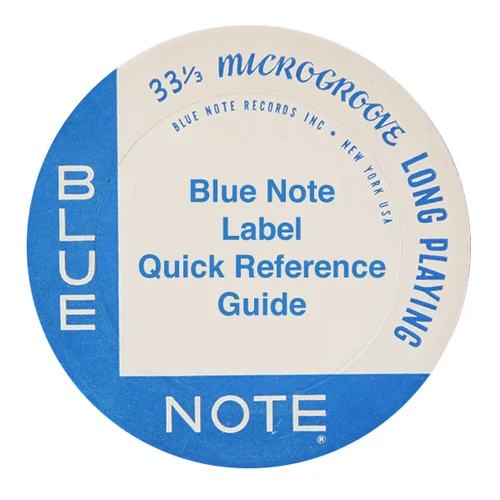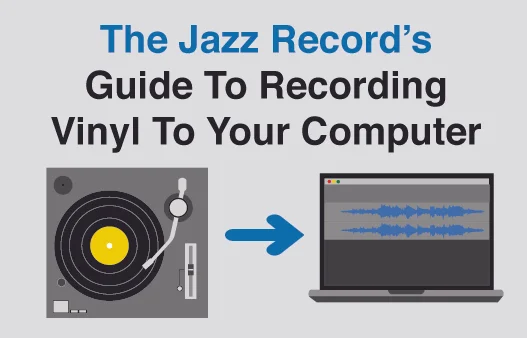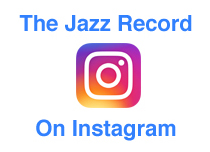Tubby Hayes And The All Stars - "Tubby's Back In Town"
/Tubby Hayes And The All Stars • Tubby's Back In Town • 1963 • Smash Records MGS-27026
Recorded June 23, 1962 in New York City
Track Selection:
The Players:
Tubby Hayes - Tenor Sax, Vibraphone
Roland Kirk - Tenor Sax, Manzello, Flute, Nose Flute
James Moody (as "Jimmy Gloomy") - Tenor Saxophone, Flute
Walter Bishop, Jr. - Piano
Sam Jones - Bass
Louis Hayes - Drums
The Tracks:
A1. Afternoon In Paris
A2. I See With My Third "I"
A3. Lady "E"
B1. Stitt's Tune
B2. Medley: If I Had You, Alone Together, For Heaven's Sake
The Record:
What's the deal with Tubby Hayes? In this internet age of rediscovery and reevaluation, Hayes has continued to remain extremely under-appreciated. I'm speaking from a U.S. perspective, of course, I can only suppose that he is much better known in the U.K. where he recorded most of his work and was one of the finest tenor players to come from those shores. In the States his discography is a messy affair spanning numerous labels, and as far as reissues go, most of his titles are available as expensive imports. Surprisingly, there hasn't been a quality career defining retrospective (that I'm aware of) that has allowed listeners to hear Hayes' talents in full.
Tubby Hayes - "Introducing Tubbs" LP
I was vaguely familiar with the name Tubby Hayes when I came across Introducing Tubbs a while back, it's a pretty decent U.S. compilation released in the early 1960's on Epic Records. After a few spins I was quite intrigued, so when I recently came across Tubby's Back In Town, it was a no-brainer to pick it up and explore some more of his recorded legacy.
This would be Hayes' second trip to New York City to record (thus the "back in town") and on this visit he was joined by some very talented players indeed. It goes without saying how fantastic Roland Kirk is (I'm a huge fan), but he was also joined by the great James Moody (who was billed as "Jimmy Gloomy - more on that later), to complete a formidable three-tenor frontline. Add in Sam Jones on bass, Walter Bishop, Jr. on piano and the excellent Louis Hayes on drums and you have a stellar sextet in place.
A quick note on Hayes for those unfamiliar: he is best known as a tenor saxophone player, but he was also quite proficient on the vibes, and on both this record and Introducing Tubbs he is prominently featured on both instruments. This is a nice touch on Back In Town, as it sets a nice counterbalance to always having the three horn lineup.
The music is all in the hard-bop vein, and as expected the three horn players get a featured solo on each track (although the two shorter tracks, "Afternoon In Paris" and "Lady 'E'" have Hayes soloing on the vibes rather than his horn). The strongest tracks on the album are the two longest ones, Kirk's "I See With My Third 'I'" (which may be familiar to some as it was featured on Rahsaan: The Complete Mercury Recordings of Roland Kirk box set) and "Stitt's Tune," a classic blues from the 1940's written by Sonny Stitt. These longer tracks also feature spots for piano and bass solos from Bishop, Jr. and Jones, who perform magnificently, perhaps owing to the high energy of this "all-star" setting.
"Stitt's Tune" gives some nice insight into what each tenor player brings to his instrument. The first solo goes to Hayes, followed by Kirk showing off his ridiculous chops and finally ends up with Moody before the rhythm section has their turn. The closing medley also gives us an opportunity for comparison, as each player is featured independently on some classic ballads: Gloomy is first up with "If I Had You," Hayes is next on "Alone Together," and Kirk ends the record with "For Heaven's Sake."
In the liner notes Kirk remarks:
"There are a lot of records around with everybody jammin' and it's just another session. We tried to make this one a little different"
I would say they definitely succeeded in this, as this is not a blowing session nor a "tenor battle," but rather a quality hard bop record that deserves more recognition than it gets.
The Vinyl:
My copy is an original mono pressing on Smash with a deep-groove indentation. It's a very thin piece of vinyl, especially when compared to most other jazz records from this period. The sound is balanced and bright with nice separation of the instruments throughout. I generally don't think of Smash as being a jazz label, it is better known to me as the label that released some nice James Brown instrumental records and a couple of killer Sir Douglas Quintet albums. It was a subsidiary of Mercury Records, though, so it does make sense that they would release some jazz titles. The label was discontinued in 1970 before being revived in a new incarnation as an R&B imprint in the 1990's.
U.K. Version: "Return Visit!" On Fontana (photo from discogs)
The U.S. cover artwork is poor compared to it's U.K. counterpart, Return Visit!, released on Fontana. To prove my point on the state of Hayes' U.S. releases, the Smash version doesn't even list James Moody as part of the band on either the front or back cover. The only reason I discovered that he was part of the session was due to the fact that the back cover retains the liner notes from the Fontana release and continually references one "Jimmy Gloomy." After some Google searches I discovered that Gloomy was actually Moody and that he played on the record. What a mess!
To take it even further, a quick visit to AllMusic shows Tubby's Back In Town getting four stars, while Return Visit! gets only three, even though they are exactly the same recording! What's a jazz fan who is trying to find some quality Tubby Hayes' recordings to think?
It appears I got a pretty good deal on my copy for only $15, since the few copies on eBay sold for between $30 and $40. According to Discogs, Tubby's Back In Town has only been reissued in Japan one time back in 2006, in what I would suppose to be an heavy audiophile pressing.
Tubby Hayes, Photo Credits Unkown
Final Thoughts:
Tubby's Back In Town serves as a great introduction to the criminally under-appreciated Tubby Hayes, but also serves as a necessary addition to your Rahsaan Roland Kirk collection as his playing here is as exciting as on any of his own records from the time. Add in Moody along with Bishop Jr., Sam Jones and Louis Hayes and you have a line-up that made a record that should be much more appreciated then it is. Here's to hoping that Hayes gets his due one of these days.













